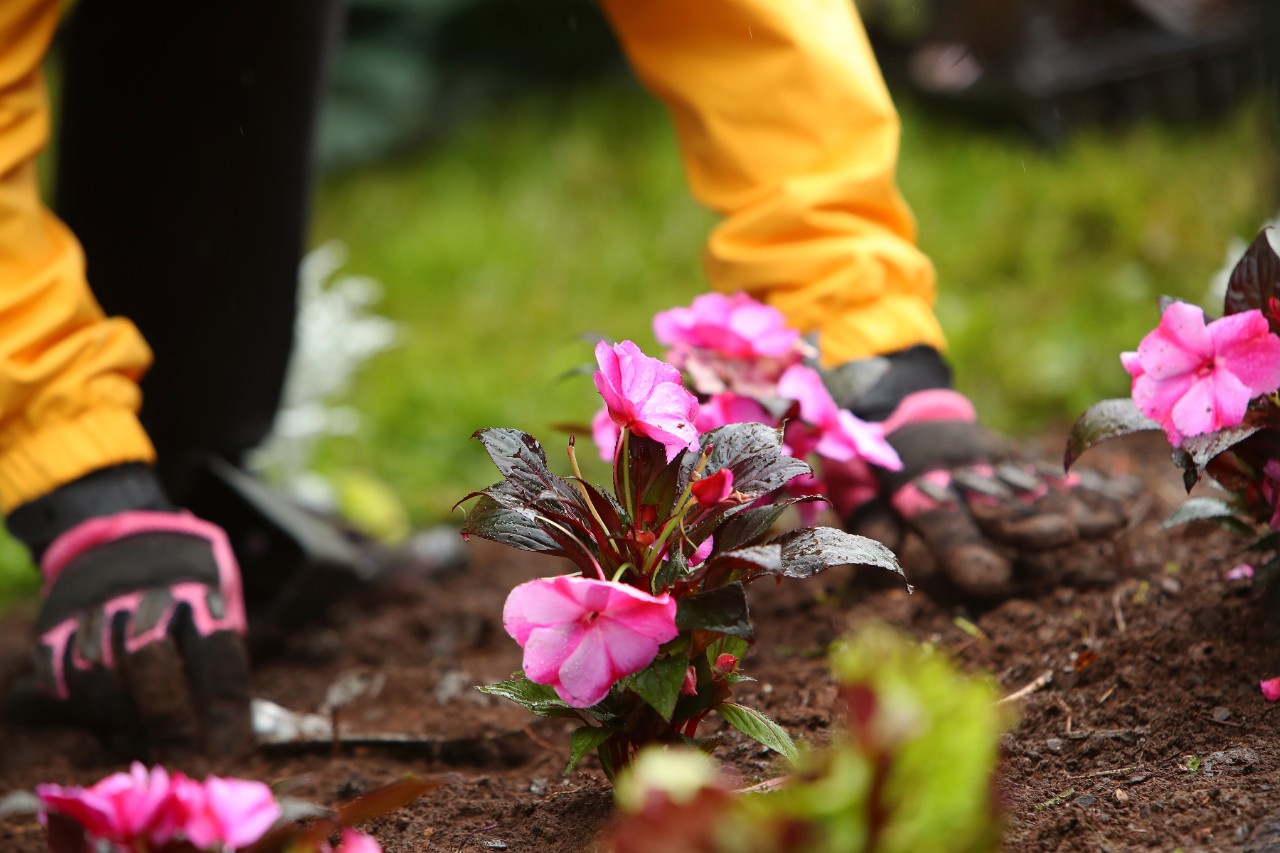Program objective
To help incarcerated women gain recognizable vocational skills for high-demand employment areas of the horticulture industry. This is accomplished through a combination of lecture and skills training delivered to the women four mornings a week. Skills knowledge and acquisition are assessed regularly by the course instructor.
A secondary goal in programming is to increase the life skills of women offenders. The horticulture facilitators at Nova point to the sense of accomplishment and pride the program participants feel once a project has been successfully completed- whether it is a well-maintained landscape, a marketable product or a healthy food crop. This achievement helps build self-confidence and encourages perseverance. Horticultural activities promote a calm, relaxed environment and the participants benefit from therapeutic aspects of the program.
In addition, an understanding of where food comes from and the importance of maintaining a healthy environment for plant growth reinforces other program goals that focus on healthy food choices and creating an optimum environment for themselves, their children and society.
Overview
The Horticulture Skills Training Program runs year-round. The program is made up of eight courses, each containing several modules. Courses run as a combination of lecture and skills training activities. On average each course consists of 100 hours of instruction which is split into lecture and hands-on applied skills. The women receive certificates for completing an orientation to the program and for completing modules in each of the following topic areas:
- Organic Vegetable Grower;
- Garden Fundamentals;
- Landscape Maintenance Worker;
- Landscape Installation Techniques;
- Plant Propagation;
- Garden Centre Worker;
- Horticultural Business Exploration; and
- Horticultural Business Operation.
Benefits
The horticulture program offers the following features and benefits:
- Dalhousie University certificates in the following areas: organic vegetable gardening, garden basics, landscape installation, landscape maintenance, plant propagation, entrepreneurship and garden centre operations;
- Vocational skills training in a high employment sector;
- Continual intake and evaluation;
- Daily learning through both theoretical instruction and practical skills training;
- Therapeutic and social benefits from working with plants, instructors and other inmates in a group situation;
- A program designed for input from the women, allowing for creative thought, shared responsibility and decision-making;
- Interaction with a skilled horticultural facilitator and horticultural instructors from Dalhousie and community;
- An opportunity to gain experience by improving the landscaped environment at Nova Institution; and
- An opportunity to apply knowledge and acquire skills through planting, maintaining
Skills training activities
- Design and preparation of a vegetable garden;
- Planting, maintaining and harvesting an organic vegetable garden;
- Maintaining existing garden areas at Nova Institution;
- Preparing and planting new gardens at Nova Institution;
- Marketing, preparing and execution of a plant sale at the institution, including entrepreneurial skills; and
- Maintaining and propagating plants in the greenhouse.
Contact
Have questions?
